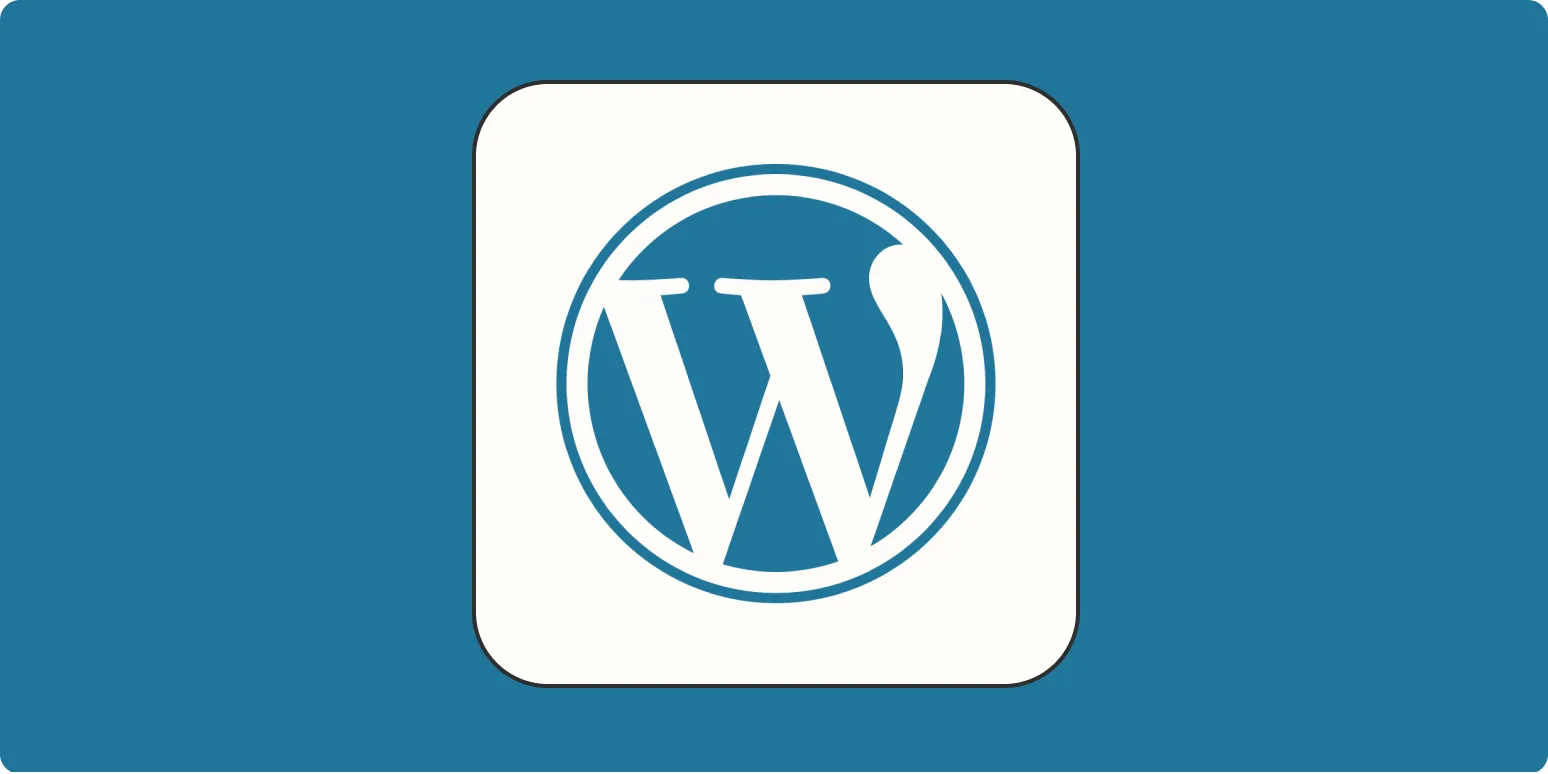Understanding Shopify and WordPress
When it comes to building an online store, two of the most popular platforms are Shopify and WordPress. Each platform offers unique features, advantages, and disadvantages, making them suitable for different types of businesses. Shopify is a dedicated e-commerce platform, while WordPress is a versatile content management system (CMS) that can be used for various types of websites, including e-commerce with the help of plugins like WooCommerce.
Features Comparison
To better understand which platform is best for your needs, let's compare some key features of Shopify and WordPress in the table below:
| Feature | Shopify | WordPress |
|---|---|---|
| Ease of Use | Very user-friendly with a simple setup process | Requires some technical knowledge, especially for e-commerce setup |
| Customization Options | Limited customization compared to WordPress | Highly customizable with thousands of themes and plugins |
| Payment Options | Supports multiple payment gateways, including Shopify Payments | Varies based on plugins; WooCommerce supports several gateways |
| SEO Features | Built-in SEO features but less flexibility | Powerful SEO capabilities with various plugins available |
| Support | 24/7 customer support | Community support and documentation available; premium support options exist |
Cost Considerations
Cost is always an important factor when choosing between Shopify and WordPress. Shopify operates on a subscription model, with plans starting from $29/month, while WordPress itself is free, but you will need to pay for hosting, a domain name, and any premium themes or plugins you choose. Here's a basic cost breakdown:
| Cost Item | Shopify | WordPress |
|---|---|---|
| Monthly Fees | Starting at $29/month | Hosting can range from $5 to $50/month (depending on provider) |
| Domain Name | Included in some plans | $10 to $20/year |
| Themes | $140 - $180 for premium themes | Free to $100 for premium themes |
| Plugins | Included in the plan | Free to hundreds of dollars for premium plugins |
Scalability and Performance
As your business grows, it's essential to consider scalability and performance. Shopify is built specifically for e-commerce, meaning it can handle large volumes of traffic without compromising speed. This makes it an excellent choice for businesses that anticipate rapid growth.
WordPress, while capable of handling significant traffic, may require additional optimization and resources as your site grows. You may need to invest in better hosting solutions, caching plugins, and performance optimization techniques to maintain speed and reliability.
SEO Capabilities
Search engine optimization (SEO) is critical for driving organic traffic to your online store. Shopify provides basic SEO features, such as customizable title tags and meta descriptions. However, it lacks some advanced features that WordPress offers, especially when using plugins like Yoast SEO or All in One SEO Pack.
WordPress is generally regarded as the superior choice for SEO due to its flexibility and extensive range of plugins. These plugins allow users to optimize their websites comprehensively, making it easier to rank higher in search engine results.
Community and Support
Both platforms offer different types of support. Shopify provides 24/7 customer service through live chat, email, and phone support, which can be a significant advantage for those who prefer direct assistance. In contrast, WordPress relies heavily on community support, forums, and extensive documentation. While there are many resources available, users may find it more challenging to get immediate help.
Conclusion: Which is Best for You?
Choosing between Shopify and WordPress ultimately depends on your business needs, technical skill level, and budget. If you're looking for a straightforward, user-friendly platform focused on e-commerce, Shopify is a fantastic option. Its built-in features, security, and customer support make it a strong contender for those who want to get started quickly.
On the other hand, if you seek greater customization, flexibility, and advanced SEO capabilities, WordPress is likely the better choice. While it requires a bit more technical knowledge and effort to set up, the long-term benefits can be substantial for businesses looking to grow and adapt.
In summary, both platforms have their strengths and weaknesses, but understanding your unique requirements will guide you to the best choice for your online business.





